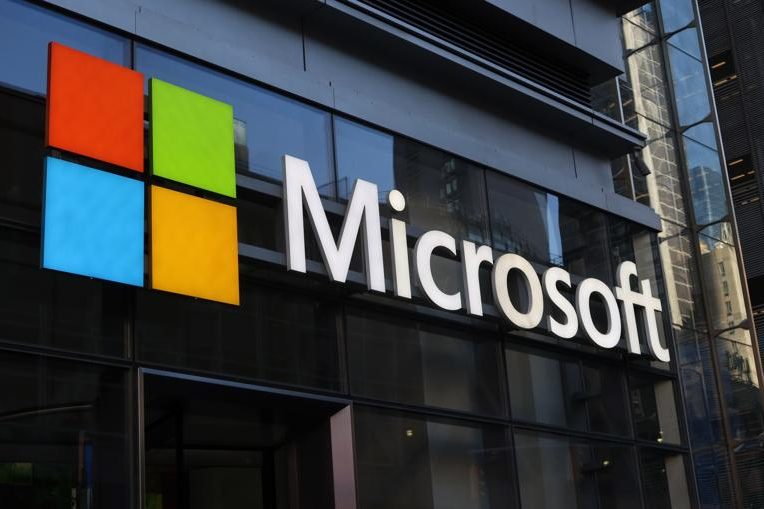US tech giant Microsoft has accused Chinese cyber hacking groups of targeting and gaining limited access to its on-premises Sharepoint servers last week.
In a blog published on Tuesday, the firm said it “has observed two named Chinese nation-state actors, Linen Typhoon and Violet Typhoon, exploiting these vulnerabilities targeting internet-facing
Register for free to keep reading
To continue reading this article and unlock full access to GRIP, register now. You’ll enjoy free access to all content until our subscription service launches in early 2026.
- Unlimited access to industry insights
- Stay on top of key rules and regulatory changes with our Rules Navigator
- Ad-free experience with no distractions
- Regular podcasts from trusted external experts
- Fresh compliance and regulatory content every day












